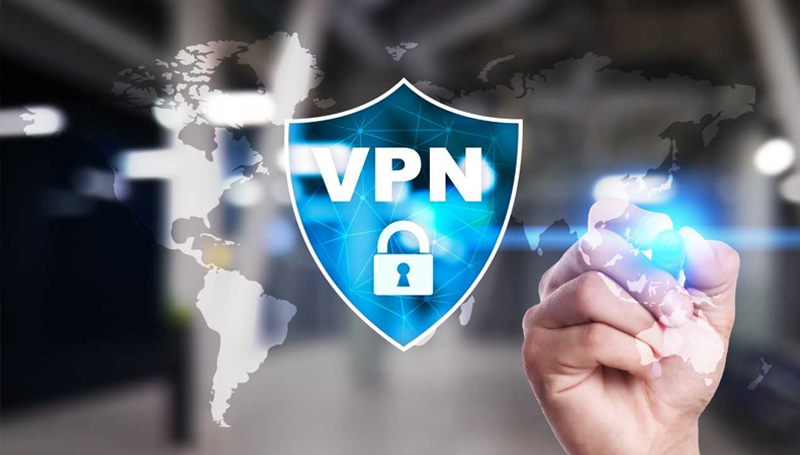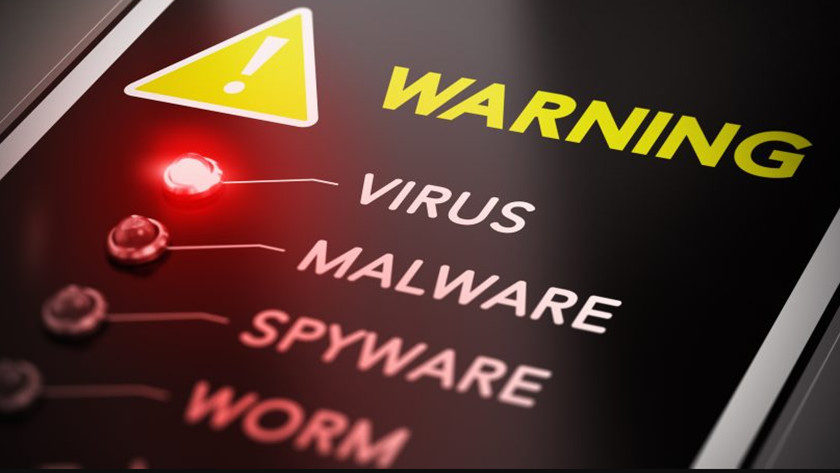Public WiFi safety tips
Public WiFi can be a lifesaver in emergencies. Every so often, you find yourself in a situation when you absolutely need to be online outside your private home network – to share your live location for an appointment, to look up a place on Google Maps, or to send your mum the latest cat meme. Not to mention that working from public WiFi hotspots is a common practice for modern business professionals.
Worldwide, as of 2018, there are 279 million public WiFi hotspots, and this number is projected torise to 542 million by 2021. More and more countries around the world offer public WiFi in the city centre, on public buses and trains. Lithuania leads the way with the fastest available public WiFi in the world, while France is ahead of other countries in the world with thehighest number of public hotspots relative to population size. Across the EU, the WiFi4EU programme aims to provide free WiFi to every town centre in the European Union by 2020, supplying everyone with access to municipal public networks.


 Very popular among people interested in surfing and downloading anonymously, VPNs are a good solution for securing computers, smartphones, and other connected devices. In the following paragraphs, you will find a basic overview of what VPNs are, as well as how to install and configure them.
Very popular among people interested in surfing and downloading anonymously, VPNs are a good solution for securing computers, smartphones, and other connected devices. In the following paragraphs, you will find a basic overview of what VPNs are, as well as how to install and configure them. If your PC is slower than usual, the OS and apps experience random errors, you cannot access some of your files and folders or the web browser struggles to get rid of weird ads, then perhaps some kind of malware has taken your PC hostage, preventing you from using the computer as usual and putting your personal and professional data at risk.
If your PC is slower than usual, the OS and apps experience random errors, you cannot access some of your files and folders or the web browser struggles to get rid of weird ads, then perhaps some kind of malware has taken your PC hostage, preventing you from using the computer as usual and putting your personal and professional data at risk.